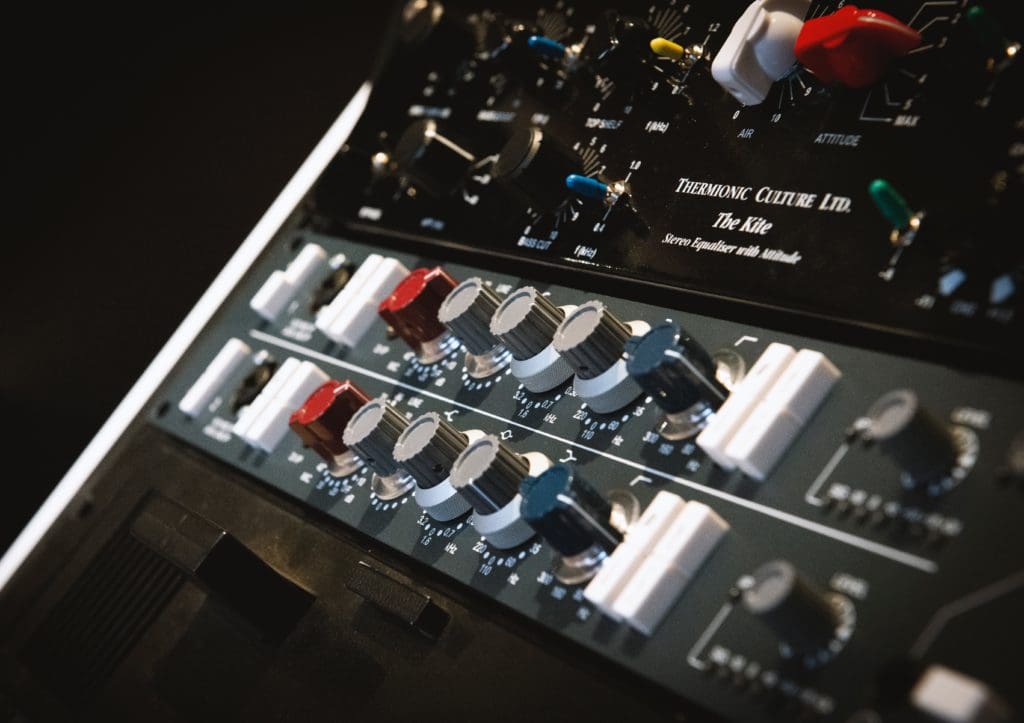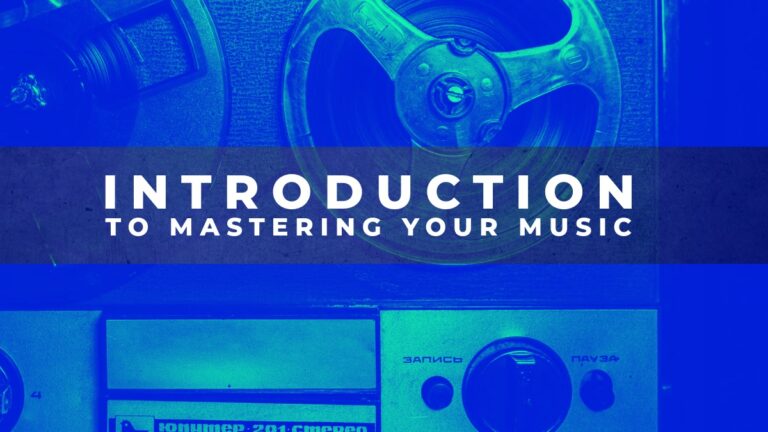Have you ever noticed how amazing some of your favorite songs sound? It’s not just the songwriting, instrumentation, and production that makes them sound great—it’s also the mastering. Mastering is a crucial part of the music-making process that gives your track the professional polish it needs to stand out. So what is mastering, and why is it important? Let’s take a look.
What Is Mastering?
Mastering is a post-production process after all the songs have been recorded and mixed. It involves fine-tuning each track and ensuring all elements come together as one cohesive song. The goal of mastering is to ensure your track has a consistent sonic balance throughout, with all levels adequately balanced. The mastering engineer will use EQ, compression, limiting, stereo imaging, and other techniques to give the track its finished sound. This helps ensure that each song in an album or EP sounds uniform in terms of volume and tonal balance.
Why Is Music Mastering Important?
Without mastering, your recordings could sound muddy or distorted on certain speakers or streaming services due to differences in loudness levels between tracks. When you master a track, it ensures that it sounds great no matter where it’s being played—in venues or on car radios, Spotify, or YouTube—and this can make all the difference when listeners decide whether to purchase your music or not. Additionally, mastering can help improve dynamics and clarity to create a more immersive listening experience for fans.
History of Audio Mastering
Audio mastering has existed in some form since the early days of recorded music. Before the digital age, mastering was done on analog equipment such as reel-to-reel tape machines, stereo tube compressors, equalizers, and other analog gear.

Digital audio workstations (DAW) have become more prominent in audio engineering. They have allowed for a much higher level of control over the sound of a mastered track than ever before. Mastering engineers now use plugins and software such as EQs and compressors to bring out specific elements in a track and ensure that it sounds its absolute best across all platforms, from streaming services to vinyl releases.
Conclusion
In conclusion, mastering is an essential step in ensuring your music has clear sound quality and consistency across multiple platforms. It adds the necessary polish to make sure your tracks stand out among other releases in today’s competitive market—so if you’re serious about getting signed by labels or having successful streams on various services, then investing in professional mixing and mastering services should be at the top of your list! With excellent mastering comes great results!

